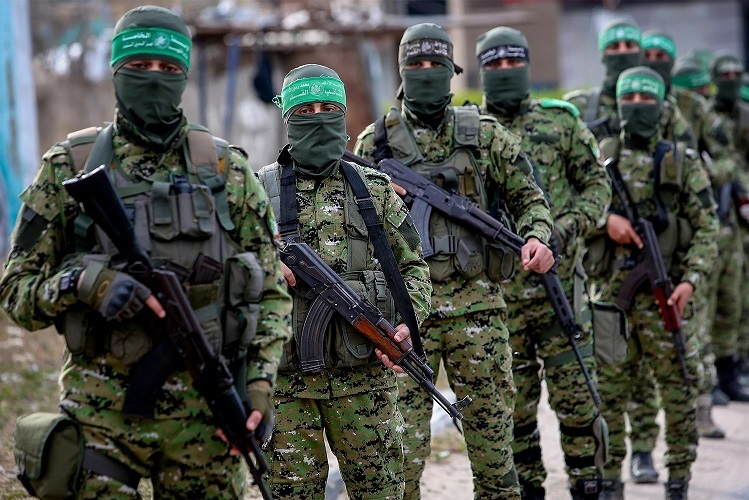Zionist Newspaper Acknowledges Lethality of Hamas Operations Against Israel
TEHRAN (Defapress) - Quoting Al-Mayadeen, the Zionist newspaper Maariv referred to yesterday’s operations by Palestinian Resistance groups against the Zionist regime and the heavy blows the Israeli army received in northern Gaza, stating that Hamas has turned Israel’s military superiority into a tactical feature used against the regime.

Maariv adds that the severe incident that occurred yesterday, Saturday, in the northern Gaza Strip—which resulted in the death of one Israeli soldier and serious injuries to five others—demonstrated that Hamas’s military ideology is based on ambushes, the use of anti-armor weapons, and mobility through tunnels.
In an article written by Avi Ashkenazi, the newspaper’s military correspondent, it is stated that Hamas has employed a deadly tactic against Israel and is currently focused on preserving its remaining military capabilities.
Ashkenazi emphasized that Hamas has used Israel’s military superiority as a tactical feature against it, planting mines, executing rapid retreats, and engaging in long-range fire, thereby disrupting the Israeli army’s balance.
According to the article, Hamas is well aware that the Israeli army continues its operations with limited troop concentration, which is why it waits for major clashes and large-scale operations before deploying its forces.
The Zionist journalist further explains this tactic, noting that Hamas forces do not seek direct confrontations with the Israeli army. Instead, they prefer to retreat through tunnels, mine areas, and simultaneously fire at trapped Israeli soldiers using their own forces. They study the activities and combat habits of Israeli soldiers and wait for the right opportunity.
Ashkenazi adds that Hamas forces, at the opportune moment, target Israeli soldiers with anti-armor missiles, pursue fleeing troops, and even attempt to wound them.
The Zionist newspaper stresses that Hamas has engaged in urban warfare, making the Israeli army’s efforts to protect its soldiers extremely complex, with no guarantee that the current conditions will persist for long.
Referring to the operations inside Gaza as aimed at increasing pressure on Hamas, Ashkenazi stated that this process is fragile, and Israeli security institutions are well aware of this. The Israeli army knows that if the ground war drags on, it will become more complicated and precarious.
The report emphasizes that the continuation of the current situation could lead to two outcomes: first, increasing pressure from public opinion against the operation, and second, pushing the Israeli army toward expanding the scope of clashes and launching a broader assault on Gaza, even before the complete release of Israeli prisoners.
